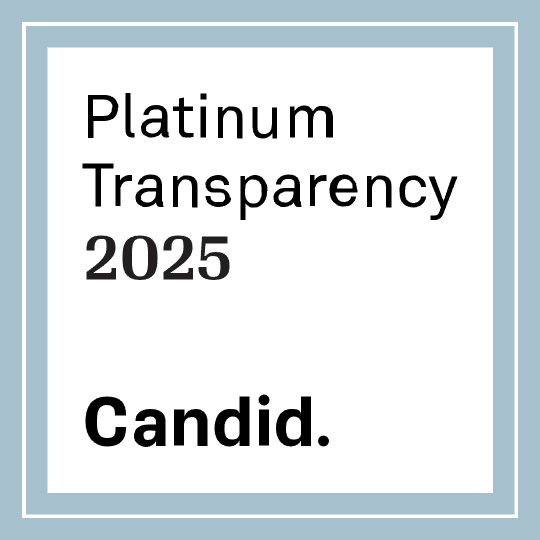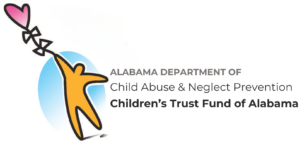There is a community of supporters that surrounds APC and their work that allows the ‘behind the scenes’ activities and education possible. It is within this network of volunteers and supporters that APC is able to reach their goal of raising awareness and support for the epidemic of substance abuse.
APC’s mission statement reads,
“Show that substance abuse is a deadly epidemic, lessen the shame and hopelessness of those who are struggling, and provide education and connection to enable people to find or maintain wholeness, safety and sobriety.”

Carie Wimberly, APC’s Director of Operations states, “That is a big mission and with a full-time staff of just 3 people, it simply is not possible without the help of our volunteers. Our volunteer base is made up of many different groups, including: Those in recovery, those who have loved ones in recovery, those who have lost someone they love, and our students, who understand the impact of substance use disorder and want to prevent it in others.”
A large part of APC’s work is done by students through the INFOCUS program which partners with local schools to provide an outlet to conversate on the important issues of addiction and substance abuse. Ninety percent of those who have a substance use disorder started using alcohol or drugs before they turned 18. With this knowledge, one finds it critical to reach those in adolescence, not just those who have already been exposed. Often there is a taboo surrounding the topic of addiction. This level of secrecy or fear surrounding alcohol and drugs creates a wall between adolescents and healthy conversation about these topics.
INFOCUS is a student-led, adult-guided program that seeks to break down this wall by entering into local schools and cultivating healthy conversation surrounding the catalyst issues that lead to substance use and abuse. It is in these monthly small groups that students are given an opportunity to lead and engage with the issues of addiction and self-care in an inviting and intentional way.
Each spring, APC awards one or more scholarships to members of the INFOCUS Youth Advisory Council (YAC). These students have led the peer-to-peer prevention groups in their schools as well as prevention activities among their fellow students and in their communities.

Racheal George, a 2020 graduate of ASFA in Birmingham Alabama, has served with INFOCUS beginning her freshman year and has served on the student leader board for the past three years. This past Thursday, Racheal was awarded a $2,500 scholarship for her hard work and the impact she has had for her school. When asked about her experience working with INFOCUS and APC, she expressed the importance of these in-school programs. From personally growing in public speaking to being able to learn about leadership and teamwork, Rachael has benefitted greatly from this program as well as made a difference in her community.
She states, “When everyone hears the word addiction, they shut down…but it is more common than we realize.” The issue with addiction is just as much about the substance abuse as it is about the root motivation behind it. Often addiction is an outward demonstration of an inward need or vacancy. Often this can come in more forms than just drugs and alcohol. This is the true mission of APC: to not only prevent the substance abuse from occurring but also reach the core issue of what is motivating the self-medicating.
As a result, it is crucial for adolescents to be aware of the effects of drug and alcohol use in an environment that is peer to peer rather than primarily from authority figures. From personal interaction and friend-like influence, high schoolers are far more receptive to warnings against these choices when coming from their peers. Rachael speaks on this saying, “A lot of students just don’t want to hear it from an adult, which is why groups like APC are so important because it comes from other students and people you are dealing with on a daily basis.”
A large portion of INFOCUS and APC’s mission with these student groups is to provide an outlet for students to personally hear people’s stories of addiction. This is another factor that plays into tearing down the wall of fear and secrecy concerning addiction. Rachael explains, “I think seeing people who are in the process of recovery and going to the END HEROIN BHAM Walk is important for kids to see because they can have a conversation with someone who had struggled with it first-hand.”
INFOCUS and APC have a unique platform of influence in their student outreach as they are tearing down the walls of fear and creating healthy spaces to enter into conversation about these topics. It is through stories like Rachael’s that one finds that lives are truly being changed and perspectives are shifting in the power of storytelling and volunteering. Below you will find more information concerning our student initiatives.









